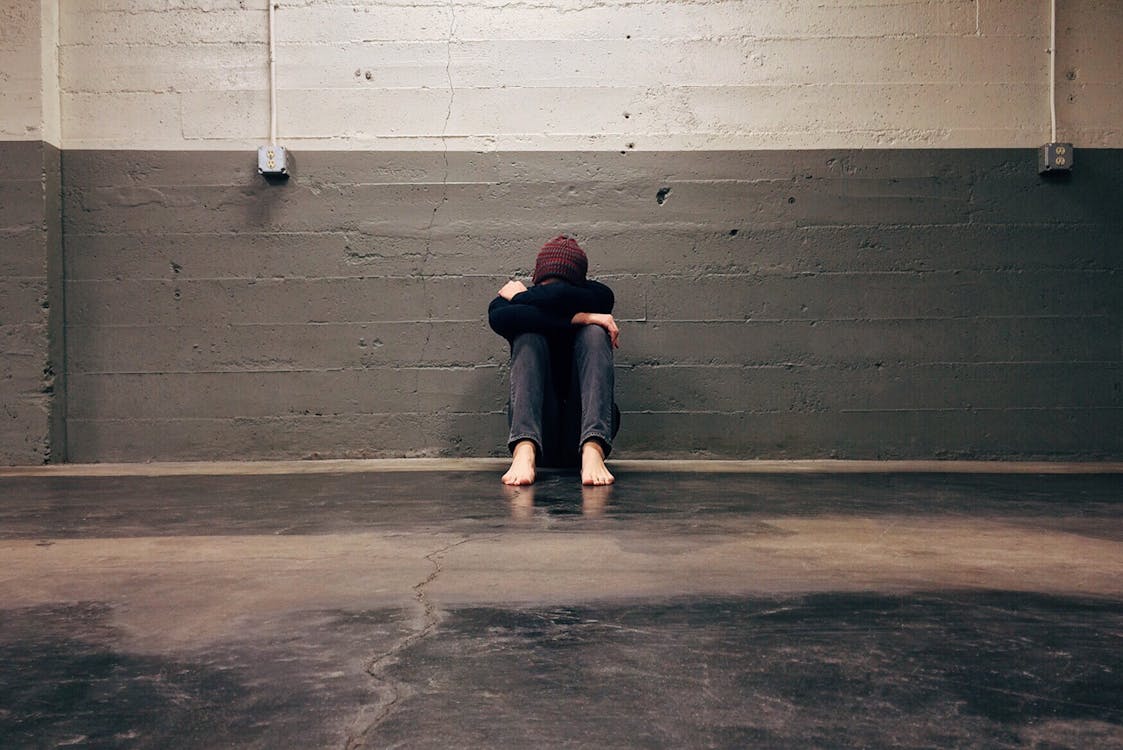Depression: Meaning, Signs And Symptoms
Feeling really down and noticing changes in your thoughts, sleep, eating, and behavior could mean you’re dealing with depression. It’s a common mental health issue that affects people in different ways. The good news is that depression can be treated, usually with talking to someone, taking medication, or both.
Depression comes in different types, and each person may experience it uniquely. Recognizing the specific type is essential to tailor the right treatment for you. Treatment for depression provides various ways to get better.

Read Also:
Tips for a Good Night’s Sleep: Creating a Relaxing Bedtime Routine
What are the most common signs of depression?
1) Feeling under the weather by children or adults
- Feeling really sad, hopeless, or worried can be a sign of depression. It’s not just something that affects adults; kids and teenagers can experience it too. In younger people, depression might show up as being more easily annoyed rather than just feeling sad.
- Parents, caregivers, and teachers need to pay attention to these emotional changes in young people, as getting help early is crucial for helping them feel better.
2) Having trouble while falling asleep easily
- Having trouble sleeping, known as insomnia, or sleeping too much, called hypersomnia, can really affect how you feel. Insomnia means struggling to fall asleep or staying asleep, leading to tiredness and crankiness when you’re awake.
- Both insomnia and hypersomnia are sleep problems influenced by things like stress, lifestyle changes, or health issues. Figuring out what’s causing your sleep issues is crucial for finding ways to sleep better.
3) Always having negative thought which include self harm, anger, flashbacks of past and guilty feeling
- Experiencing thoughts of self-harm or suicide is a serious and distressing situation that needs immediate attention and support.
- These thoughts can be overwhelming, so it’s important to talk to friends, family, or mental health professionals for help. You don’t have to go through this alone.
Read Also:
How To Reduce Your Weight Under 45 Days: Tips And Solutions
4) Losing focus during important task which hinders their personal and professional life
- Facing issues with concentrating, making decisions, or remembering things is common and can affect various parts of your daily life.
- These problems might be due to factors like stress, tiredness, or underlying health issues. It’s crucial to tackle these challenges to boost your overall thinking abilities and well-being.
5) Always feeling low and have no energy to work on anything
- Feeling tired all the time is a common sign of depression. When someone is dealing with depression, they often feel consistently worn out, both physically and mentally.
- During depression, low energy can make even simple tasks seem like a big effort. People might struggle to find the motivation to do things they used to enjoy.
6) Increasing consumption of self harm things such as smoking or drinking alcohol
- When people go through tough times or face mental health issues, they sometimes turn to things like smoking or drinking more.
- These substances might seem like a way to cope with emotions or stress, but it’s important to know that they only provide a temporary escape. They don’t really solve the root causes of emotional distress and can even create more problems over time.

7) Not able to think clearly which affects their decision taking ability, which leads to stressful scenarios
- Facing difficulty concentrating or making decisions is common during depression and can impact daily life significantly. In the midst of depression, individuals often struggle to focus on tasks, making routine activities challenging.
- This cognitive difficulty extends to decision-making, causing indecisiveness and uncertainty about choices, both big and small. The concentration struggle in depression may appear as mind-wandering, an inability to stay focused on tasks, or a general feeling of mental fog.
8) Noticing sudden changes in body which might be fatal for healthy
- During a depressive episode, people often experience big changes in how much they want to eat and how much they weigh. Depression affects appetite in a complicated way, involving different things like biology, thoughts, and surroundings.
- Feelings also play a big part in connecting depression with appetite. If someone is feeling sad or worthless, they might turn to food for comfort. This often means reaching for high-carb and sugary foods, which can lead to gaining weight.
9) Becoming a boring person who knows no interest in any activity
- Losing interest or joy in hobbies and activities is a common and important part of depression. When someone is going through a depressive episode, they often stop doing things that used to make them happy.
- This is known as anhedonia, and it can seriously affect a person’s overall well-being and how they experience life. Anhedonia means having a hard time finding pleasure or interest in things that were once enjoyable.
10) Losing focus and becoming slow during tasks and work activities
- When someone is dealing with depression, you might notice changes in how they move. These changes can show up as either moving more slowly or being more restless and fidgety.
- We call these changes psychomotor retardation or psychomotor agitation, and they give us important clues about depression that go beyond just emotions and thoughts.





